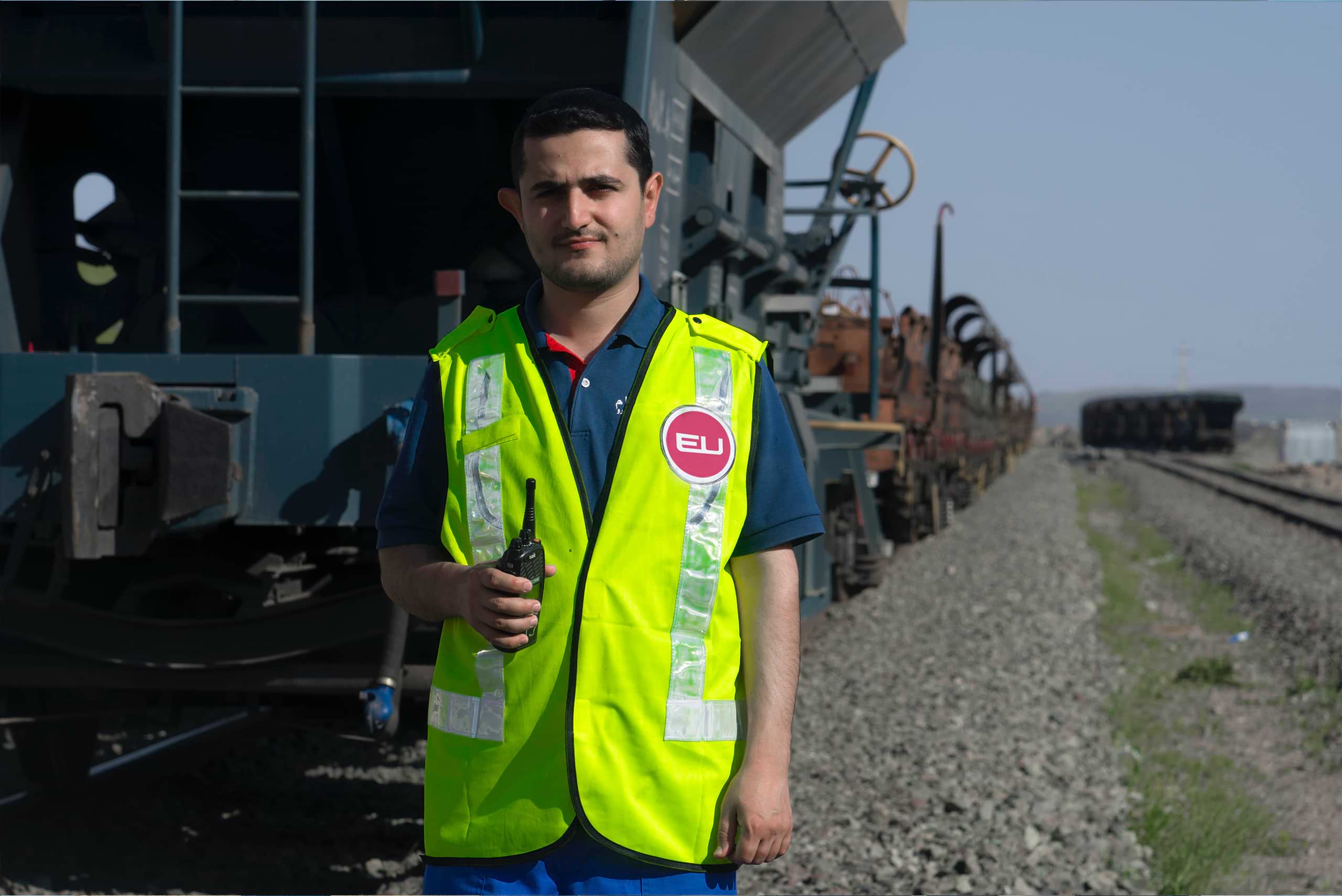Work in Finland

High quality of life, a strong economy, and a well-functioning labor market: these are just some of the reasons why Finland is a popular destination for working expats. As one of the Nordic countries with a vibrant tech scene, an emphasis on innovation, and a strong social welfare system, Finland attracts professionals from all over the world. Whether you’re looking for IT, healthcare, engineering, or skilled trades jobs, Finland offers great career prospects, competitive salaries, and a healthy work-life balance. If you’re looking to find work in Finland, you need to know about work permits, labor laws, and employment requirements.
Why Work in Finland?
There are several reasons why Finland is a great place to find a job:
- The quality of life is high and there are good social services and a welfare system.
- The unemployment rate is low and the economy is growing, which means there are plenty of jobs available.
- The industries in Finland are very innovative and tech-oriented, so it is great for professionals in these fields.
- Finnish culture is welcoming and inclusive, so it is pleasant to work for people from different backgrounds.
- Strong economy & innovation: Finland is a leader in technology, engineering and clean energy, making it a top choice for professionals in these fields
- High quality of life: The country consistently ranks at the top of global happiness and quality-of-life indices, thanks to its high levels of healthcare, education, and public services.
- Work-life balance: Finnish labor laws ensure reasonable working hours, paid vacations, and parental leave, helping to maintain a healthy work-life balance.
- Skilled worker jobs: There are many skilled jobs in many industries in Finland, and it is easy for qualified foreign workers to find employment.
- Safe and Inclusive Society: One of the safest countries in the world, Finland is also very welcoming to expats and immigrants.
Most In-Demand Jobs in Finland
Several industries in Finland are actively recruiting skilled professionals because of labor shortages. The most popular jobs include:
- Technology and IT: Software developers - Cybersecurity experts - AI specialists - Data scientists
- Healthcare: Doctors, nurses, physiotherapists, and elderly care specialists.
- Engineering: Electrical, mechanical, and civil engineers.
- Construction & Skilled Trades: Welders, plumbers, and electricians.
- Education: Teachers, especially in STEM fields and special education.
- Hospitality & Tourism: Chefs, hotel staff, and customer service professionals.
Types of Work Visas and Permits in Finland
If you’re not an EU citizen, you’ll need the right work visa or residence permit to be able to work in Finland. The main options are:
- Residence Permit for an Employed Person (TTOL): for general employment; the employer must offer a job and the application is evaluated according to labor market needs.
- Specialist Visa: This is for highly-skilled workers, particularly in the IT and tech sectors. It comes with a quicker processing time.
- Entrepreneur Residence Permit: To apply for this you must have a business idea and the ability to support yourself financially.
- Seasonal Work Permit: for short-term work in agriculture, tourism and related sectors
- EU Blue Card: A work and residence permit for highly qualified non-EU workers with a job offer that pays above a specified salary threshold.
EU/EEA citizens do not need a visa but must register their right of residence if they wish to stay for more than three months.
Labor Laws in Finland
There are strong labor protections in place in Finland, guaranteeing fair treatment and workers’ rights. Finnish labor laws include:
- Working hours: 40-hour workweek, but most companies work 37. 5 hours. Overtime is limited and paid on a pro-rata basis.
- Minimum wage: no national minimum wage; salary standards set by industry-specific collective agreements
- Paid Leave: 4-5 weeks vacation plus public holidays generous maternity and paternity leave
- Job Security: An employer must provide a reason for terminating an employee, and an employee is entitled to severance benefits in some cases.
- Equality: Finnish labor laws prohibit discrimination at work on the basis of gender, nationality, or other grounds.
Requirements for Working in Finland
To be able to work in Finland, a foreign worker must:
- Valid employment contract: most residence permits require an employment contract or official job offer from a Finnish employer
- Work Visa or Residence Permit: Non-EU citizens must apply for the right work permit before entering Finland.
- Tax registration: The employee needs to get a Finnish tax number and register with the Finnish Tax Administration.
- Health Insurance: Some permits require proof of adequate health insurance coverage.
- Language skills: English is used in many tech and multinational jobs, but learning Finnish or Swedish will increase your job prospects, especially if you’re in a customer-facing role
EU Helpers’ Take on Working in Finland
There are plenty of great jobs in Finland for skilled workers, entrepreneurs, and freelancers, but the job market, work permits, and labor laws can be confusing. EU Helpers guide professionals through each step—from job searching and applications to obtaining the right visa. We make working in Finland simple, ensuring you smoothly transition into your new career and life in Europe’s most exciting country.
If you’re a tech whizz, health worker or tradesperson, Finland could be the next best thing for your career. With the right support, you could take advantage of all this dynamic, forward-thinking country has to offer.
